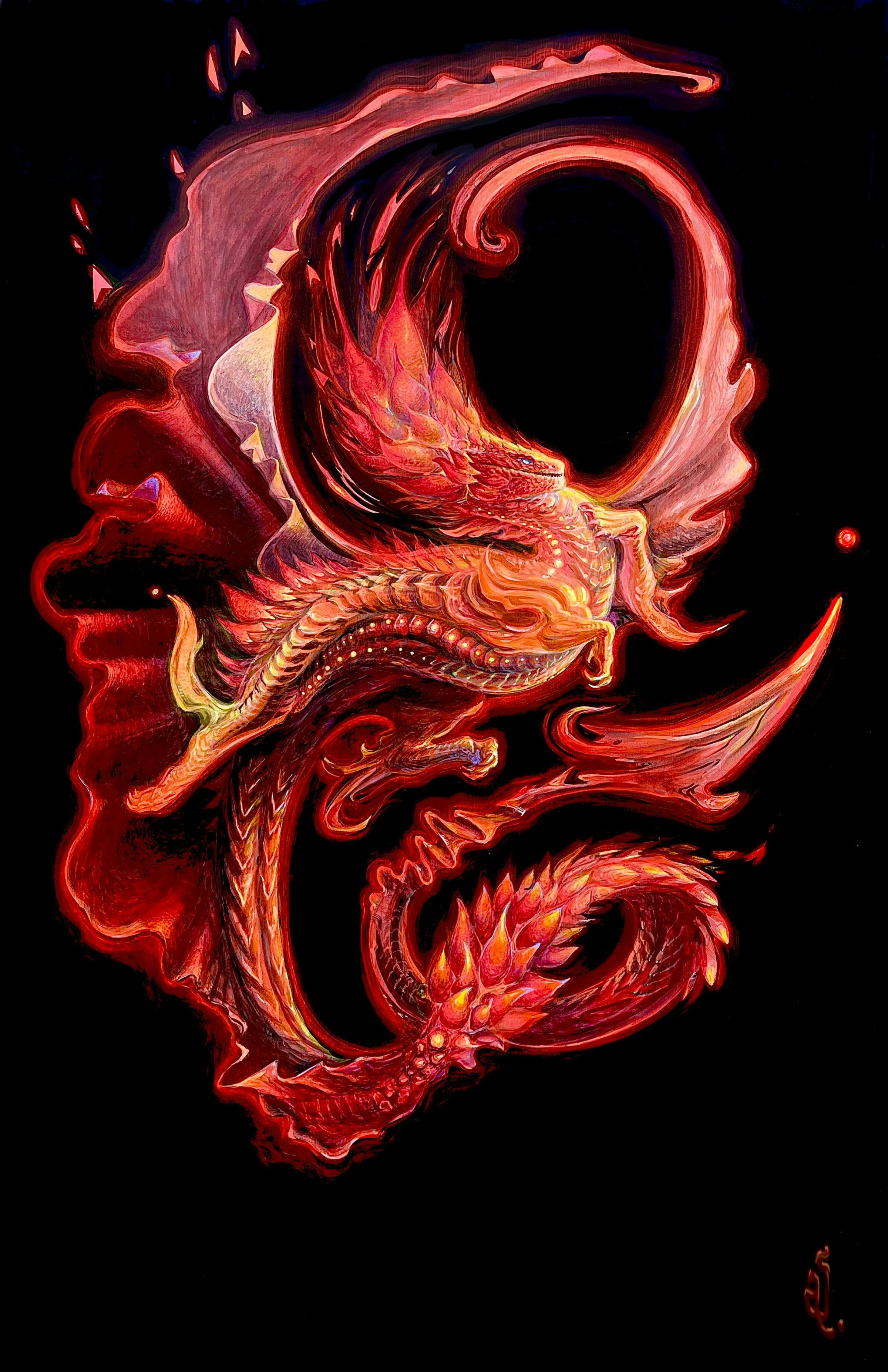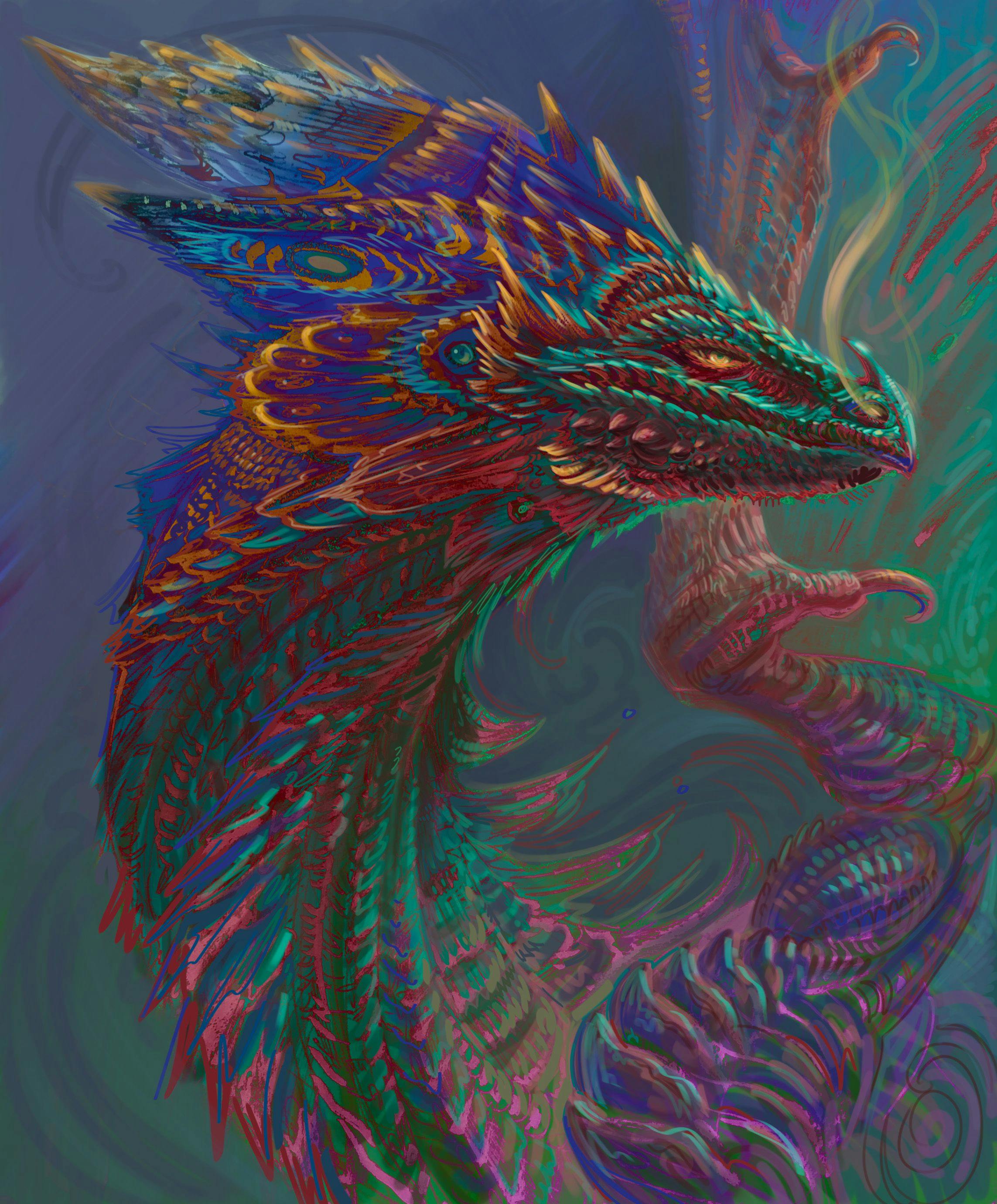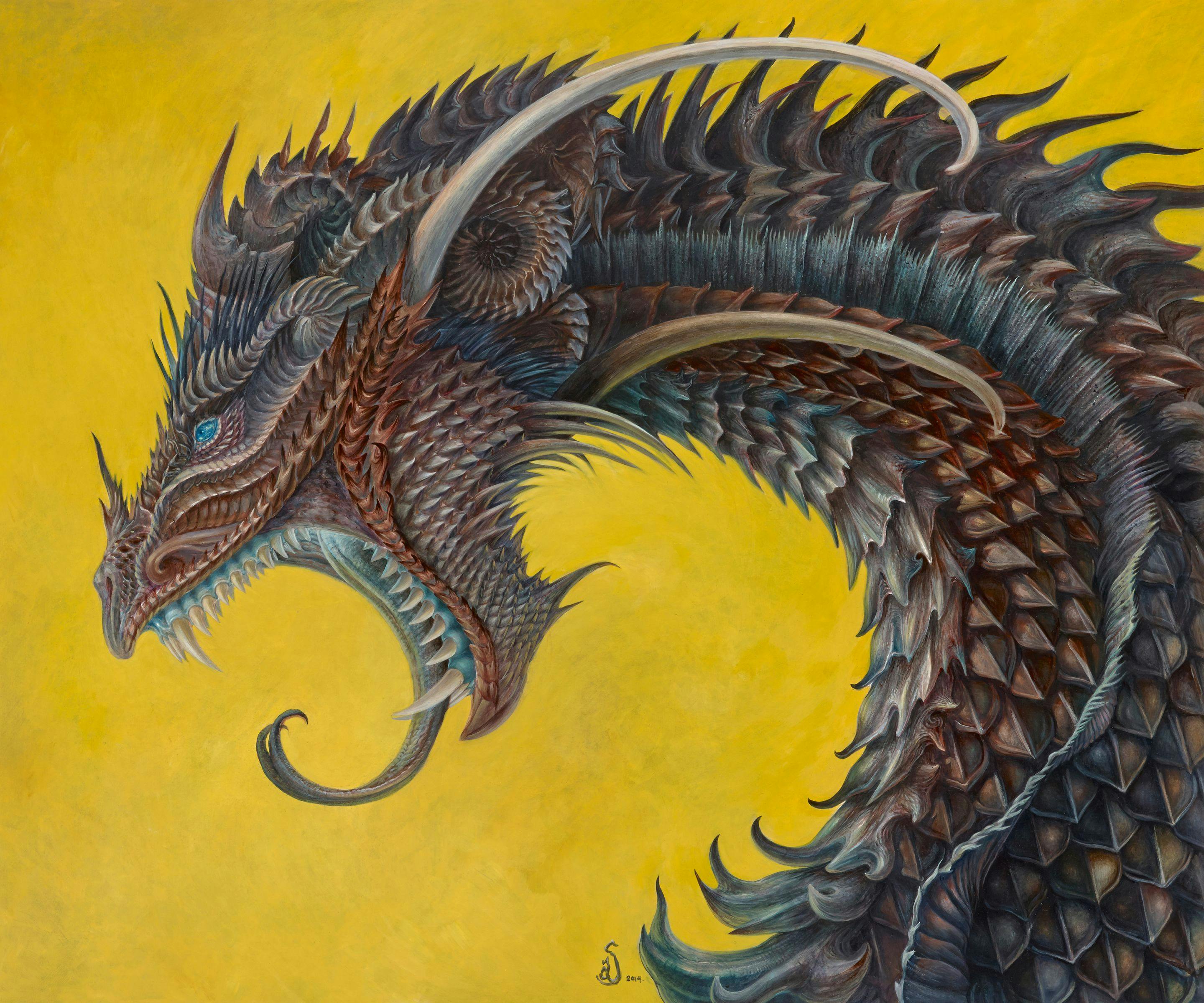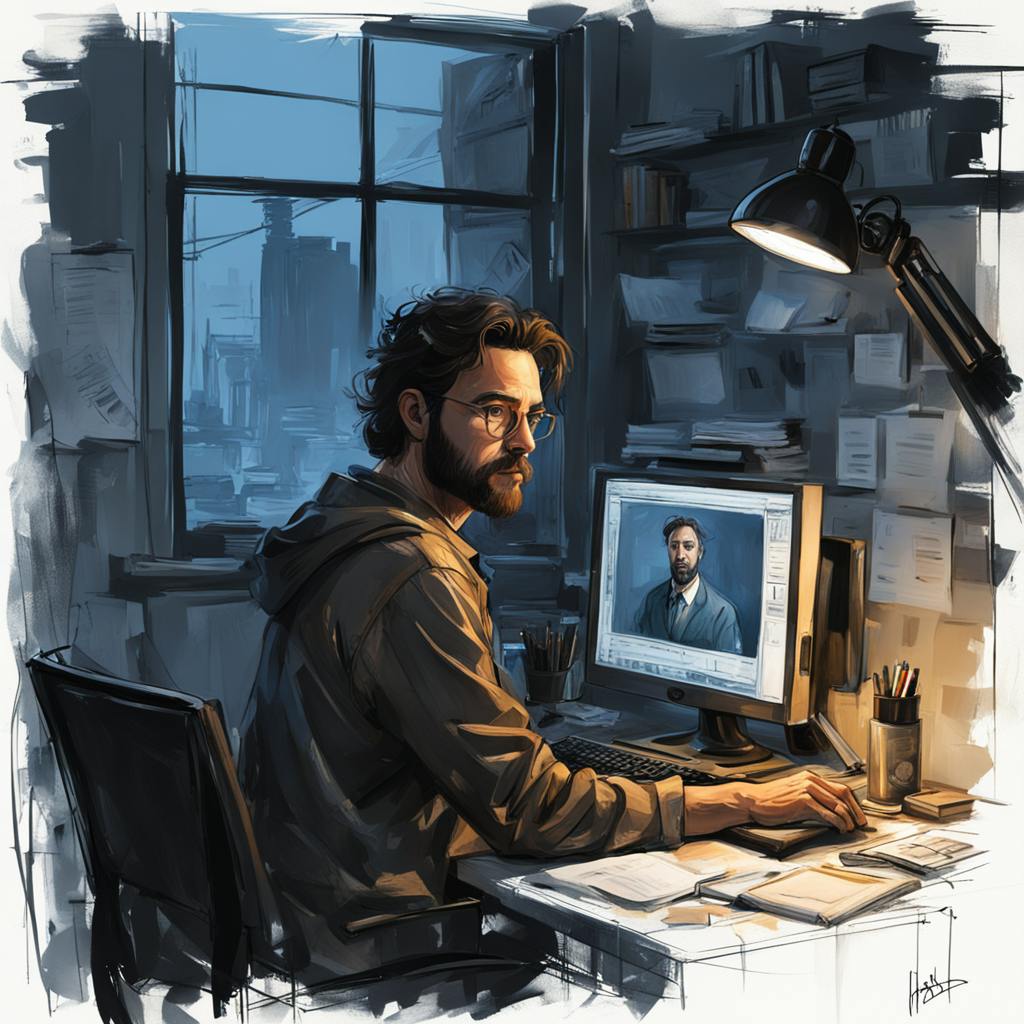Generative AI
In today's digital age, where content creation has become a significant part of our daily lives, finding new and innovative ways to create content has become crucial. This is where the concept of generative AI comes into play. This field is rapidly evolving and has the potential to revolutionize the way content is created. This article aims to explore the possibilities of generative AI in content creation and its potential impact on the future of creative industries.
But first, let us define the terms 'artificial intelligence' and 'machine learning'. Artificial intelligence (AI) is a branch of computer science that focuses on developing computer systems that can perform tasks that usually require human intelligence. On the other hand, machine learning (ML) is a subset of AI that enables computers to learn from data and improve their performance without being explicitly programmed. In simple terms, AI is the broader concept, while ML is a specific technique used to achieve AI.
How Generative AI Differs from Traditional AI
So, what is generative AI and how does it differ from traditional AI technology? Generative AI falls under the umbrella of AI but is a more advanced and specialized form of ML. It uses deep learning algorithms and neural networks to generate new content, such as text, images, music and videos, without being explicitly programmed to do so. Unlike traditional AI, which follows predetermined rules and protocols, generative AI can learn and adapt, making it more efficient and versatile in content creation.
One of the most remarkable aspects is its potential to be used in various types of content creation, such as music, art and writing. Laetro.com is an excellent example of a platform that utilizes generative AI to generate unique music compositions.
Users can input their preferred musical styles, and the AI algorithm generates original compositions using those styles, without any human intervention. Similarly, generative AI can be used in art to create unique and one-of-a-kind pieces of art or in writing to generate compelling stories or articles.
Concerns With Generative AI
However, with the rise of generative AI in content creation, there are also concerns about its ethical implications. One major concern is copyright and ownership. Who owns the content generated by AI? Is it the human programmer who created the AI or the AI itself? These questions raise ethical and legal issues that need to be addressed to ensure fair credit and compensation for content creators.
Additionally, there is a growing concern about the impact of generative AI on the role of human creators in the content creation process. Will AI eventually replace human creators will it enhance their creative abilities? These are valid concerns that need to be carefully considered.

Artwork by April Solomon
The Potential of Generative AI
Despite these concerns, there is no denying the immense potential of generative AI in content creation. It has the potential to revolutionize the content creation industry, providing endless possibilities for creators and audiences alike. For instance, AI can help minimize the time and effort required for content creation, allowing creators to focus on more challenging and creative tasks. It can also enable content creators to reach a wider audience, as generative AI can generate content in different languages, cater to diverse cultural preferences and create content for specific target audiences.
Furthermore, generative AI can also bring a fresh and innovative approach to content creation, encouraging creators to think outside the box and experiment with new styles and techniques. This can lead to the emergence of entirely new and groundbreaking forms of content that might not have been possible without the use of generative AI. It also has the potential to improve the quality and diversity of content, as AI algorithms can learn from a vast amount of data and generate original and unique content that reflects the preferences of audiences.
Future of Generative AI in Content Creation: Trends and Predictions
Generative AI is poised to redefine content creation, pushing the boundaries of creativity, efficiency, and personalization. As AI technologies evolve, they offer new opportunities that will shape the industry in ways we are only beginning to imagine. Here are some key trends and predictions for the future of generative AI in content creation:
Hyper-Personalization: Custom Content for Every Audience
In the near future, generative AI will enable an unprecedented level of personalization in content creation. By analyzing individual preferences, behaviors, and cultural nuances, AI will create highly tailored content for specific audiences, resonating with people on a personal level.
For instance, media companies could deliver unique, personalized storylines for different viewers, or advertisers could generate custom ad copy that speaks directly to the values and interests of each consumer segment. This hyper-personalization will be instrumental in creating stronger connections with audiences and fostering brand loyalty.
Enhanced Multilingual Capabilities: Breaking Language Barriers
With advancements in natural language processing, generative AI is increasingly capable of producing high-quality content in multiple languages, enhancing accessibility and inclusivity. Future iterations will push this even further, allowing creators to seamlessly adapt content to various cultural contexts and dialects.
AI-generated translations will also become more nuanced, capturing idiomatic expressions and cultural subtleties. This capability will allow brands, media outlets, and influencers to communicate with global audiences in an authentic way, opening doors to new markets and enriching cross-cultural exchanges.
Real-Time Content Creation: Instant Responses to Trends and Events
As generative AI becomes more sophisticated, it will allow for real-time content generation that responds dynamically to current events, trending topics, or audience interactions. This will empower news agencies, social media managers, and brands to deliver content that is relevant and timely, keeping up with the ever-changing digital landscape.
For example, news organizations could deploy AI to create real-time updates on breaking stories, or brands might use AI to craft immediate responses to trending social media conversations, strengthening engagement with followers and enhancing brand relevance.
AI-Augmented Creativity: New Forms of Artistic Expression
Generative AI will become a powerful collaborator in the creative process, inspiring artists, designers, writers, and filmmakers to explore new directions. AI will be used to generate initial concepts, ideas, or drafts, which creators can then refine, leading to entirely new genres and styles.
This collaboration will produce innovative content forms that blend human creativity with machine-generated insights, resulting in unique artworks, music, and literature that challenge traditional boundaries. Over time, we may see AI co-creators become a standard part of creative teams, helping artists innovate faster and achieve outcomes they couldn’t realize on their own.

Artwork by April Solomon
Ethical and Responsible AI Use: Addressing Bias and Authenticity
As generative AI continues to gain traction, ethical concerns around issues like bias, copyright, and misinformation will come to the forefront. In the future, we can expect to see stronger regulations and best practices around AI-driven content to ensure transparency and authenticity.
AI algorithms will be refined to reduce biases and create fairer representations, while content creators will work closely with regulators to develop responsible AI usage policies. Such frameworks will enhance trust among audiences and ensure that generative AI is used as a force for good in content creation.
Content Democratization: Lowering Barriers for Entry
Generative AI will make content creation accessible to a broader range of people, regardless of their technical or artistic skill levels. Tools powered by AI will simplify complex processes like video editing, animation, and storytelling, empowering more people to produce high-quality content.
Aspiring creators, small businesses, and nonprofits will have the tools they need to compete with larger companies in the digital space. This democratization of content creation will foster a more diverse range of voices and perspectives, enhancing the richness of media and online content.
In conclusion, generative AI has opened up a world of possibilities in content creation. With its ability to learn and adapt, it has the potential to transform the way we create and consume content. However, as with any technology, some concerns need to be addressed, such as the ethical implications and the impact on the role of human creators. We must have a responsible and ethical approach towards the development and implementation of AI, keeping in mind its potential to enhance the creative process and shape the future of creative industries.
To summarize, here are the key points discussed in this article:
- Generative AI is a subset of artificial intelligence (AI) that uses deep learning algorithms and neural networks to generate new content without being explicitly programmed to do so.
- Unlike traditional AI, generative AI can learn and adapt, making it more efficient and versatile in content creation.
- Generative AI can be used in various types of content creation, such as music, art and writing.
- There are concerns about the ethical implications of using generative AI in content creation, such as copyright and ownership concerns.
- Generative AI has the potential to revolutionize the content creation industry by minimizing time and effort, reaching a wider audience and encouraging experimentation and innovation.
- The responsible and ethical development and implementation of generative AI is crucial for harnessing its potential and ensuring its impact on the future of creative industries.

